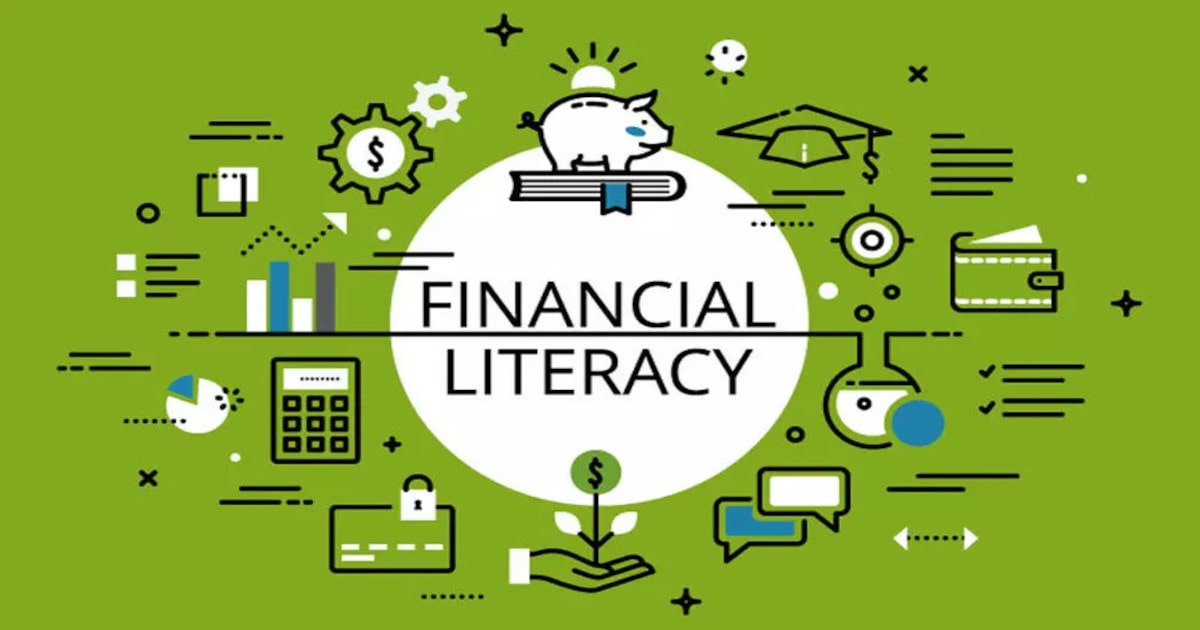The Basics of Financial Literacy for Juniors

About Course
This course is designed to provide basic financial literacy to juniors aged between 12 and 18.
| 1 | About Money |
| 2 | Introduction to Personal Finance |
| 3 | Saving and Banking |
| 4 | Budgeting and Financial Planning |
| 5 | Understanding Inflation and Compounding |
| 6 | Investments and Wealth Building |
| 7 | Credit and Loans |
| 8 | Insurance and Risk Management |
| 9 | Retirement and Estate Planning |
Course Content
About Money
Introduction to Personal Finance
Saving and Banking
Budgeting and Financial Planning
Understanding Inflation and Compounding
Investments and Wealth Building
Credit and Loans
Insurance and Risk Management
Retirement and Estate Planning
Student Ratings & Reviews

No Review Yet